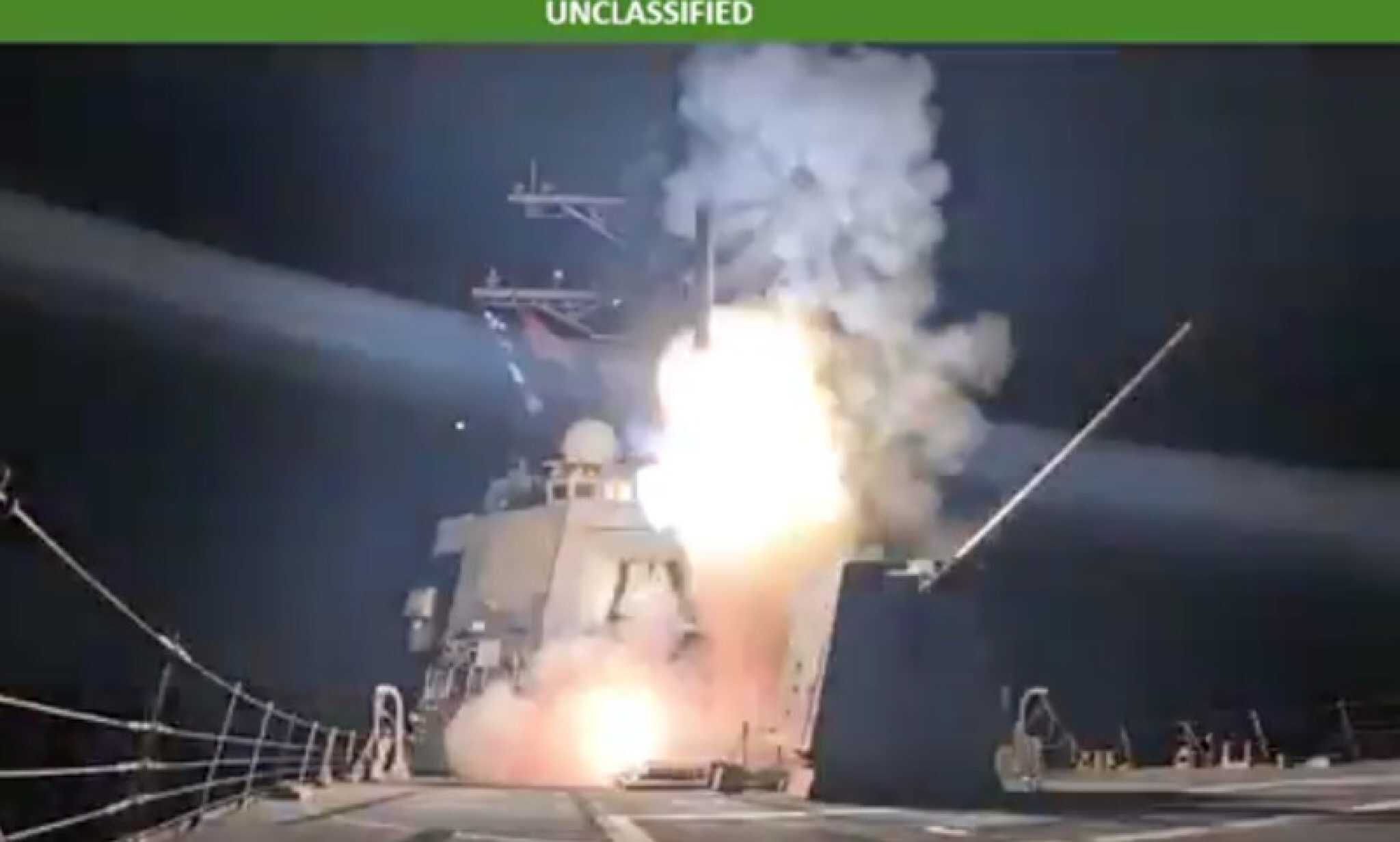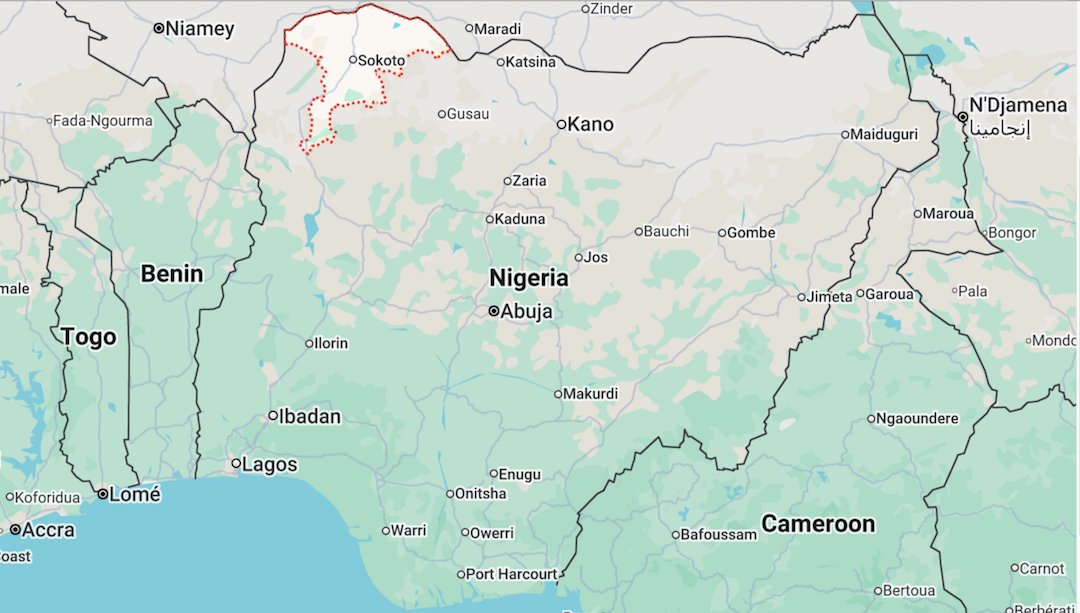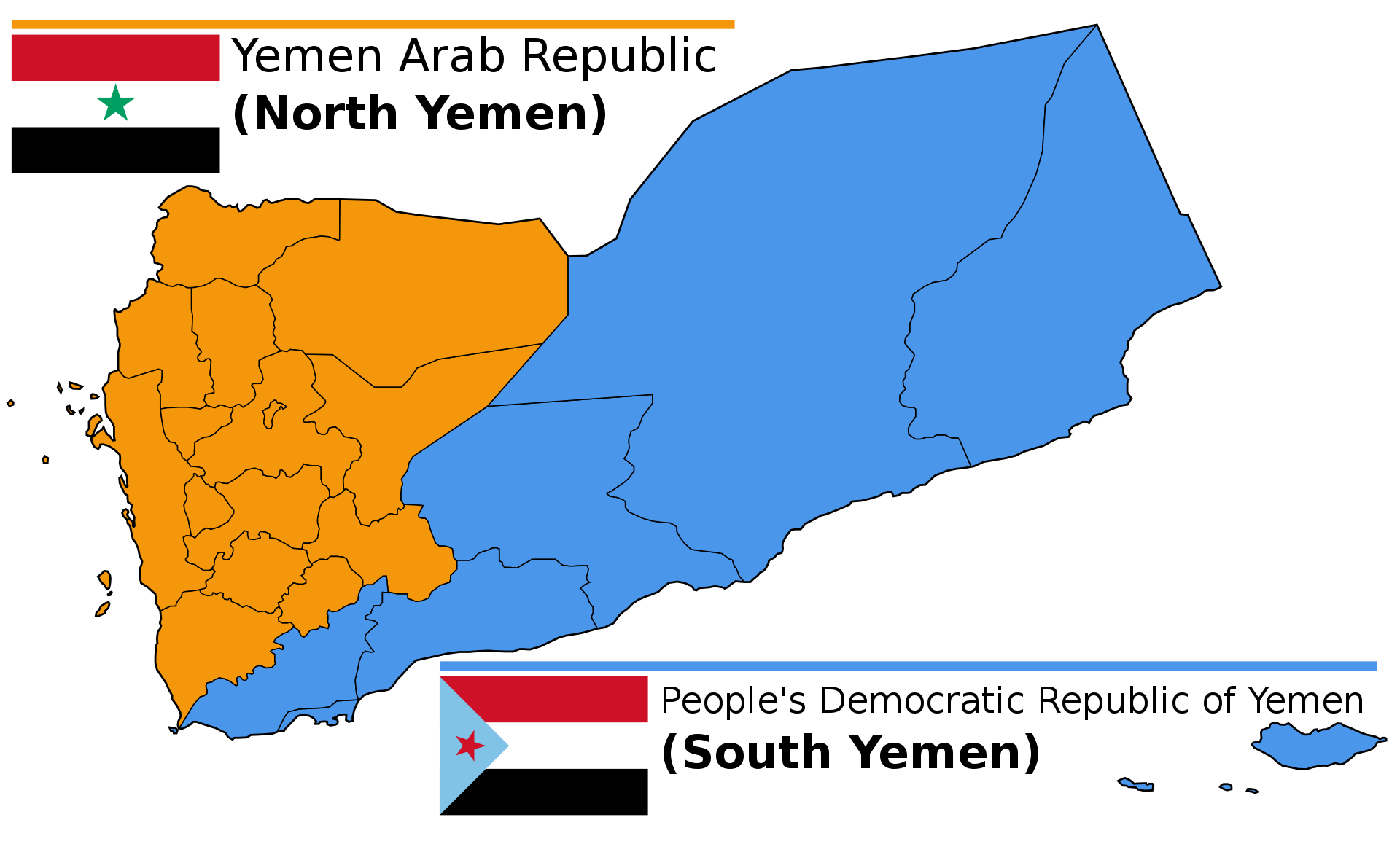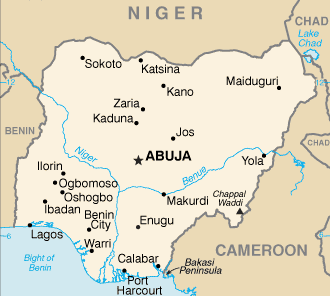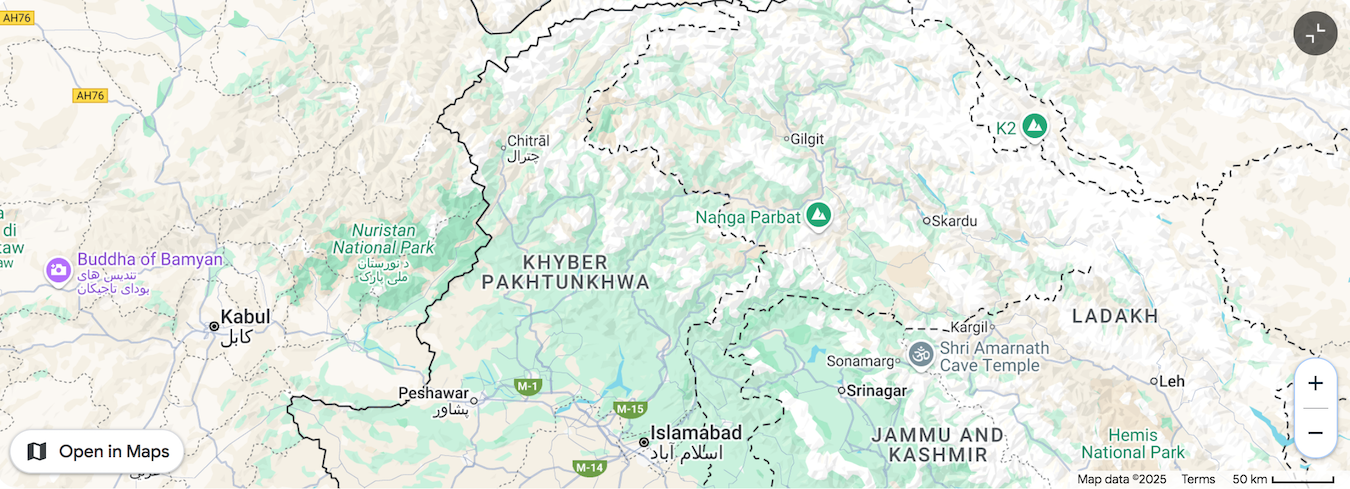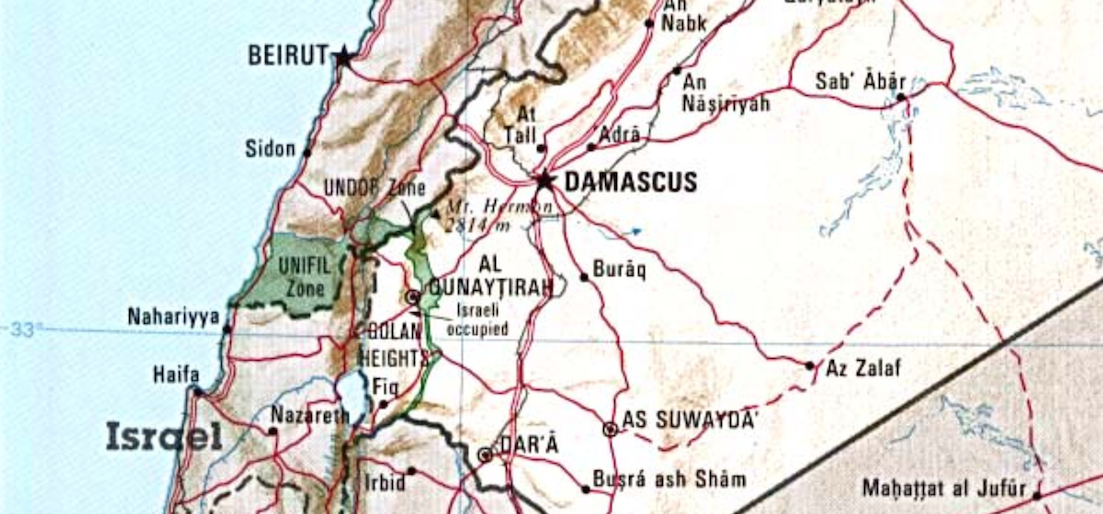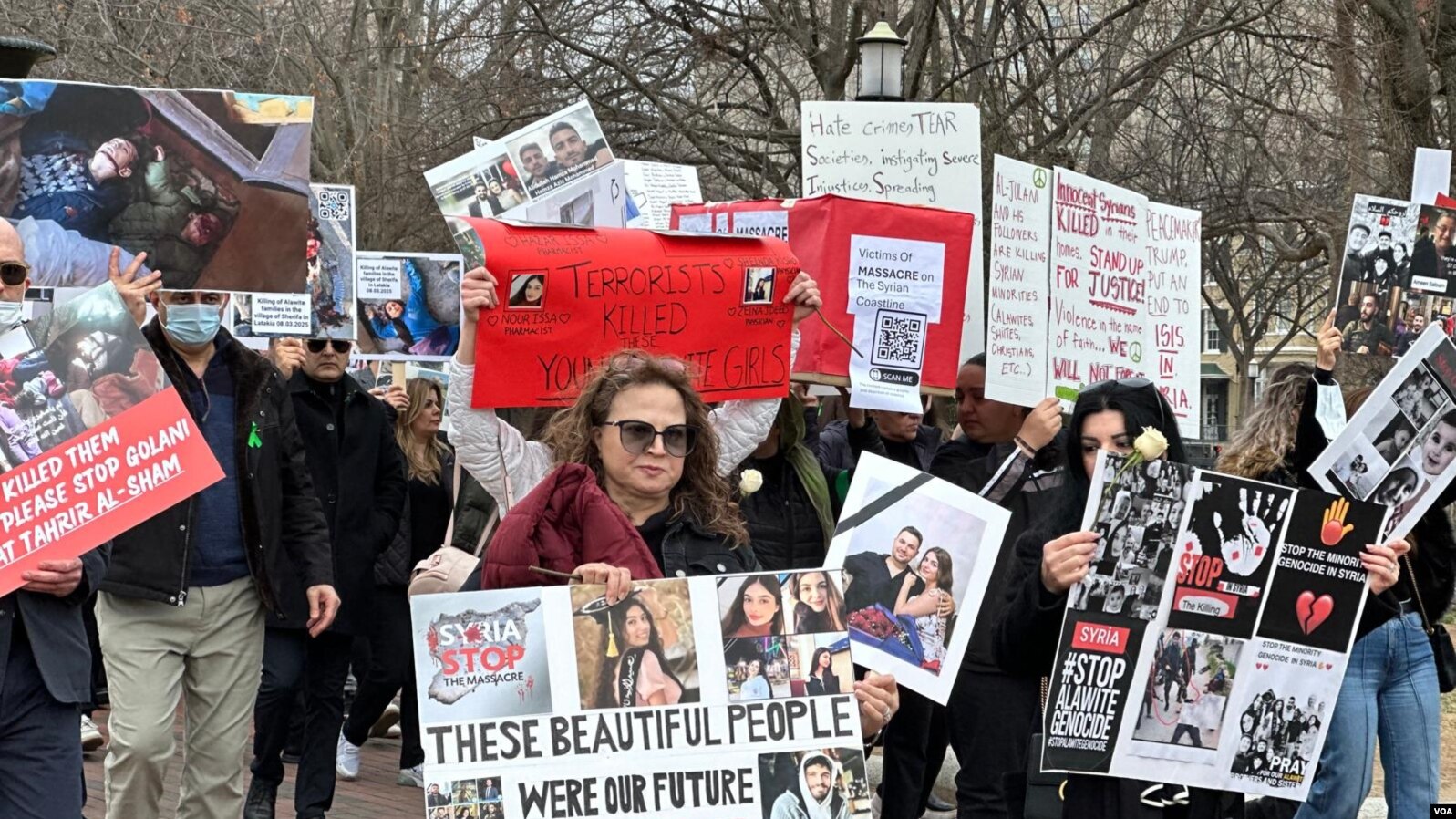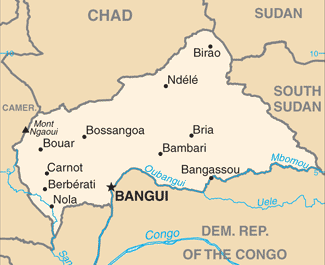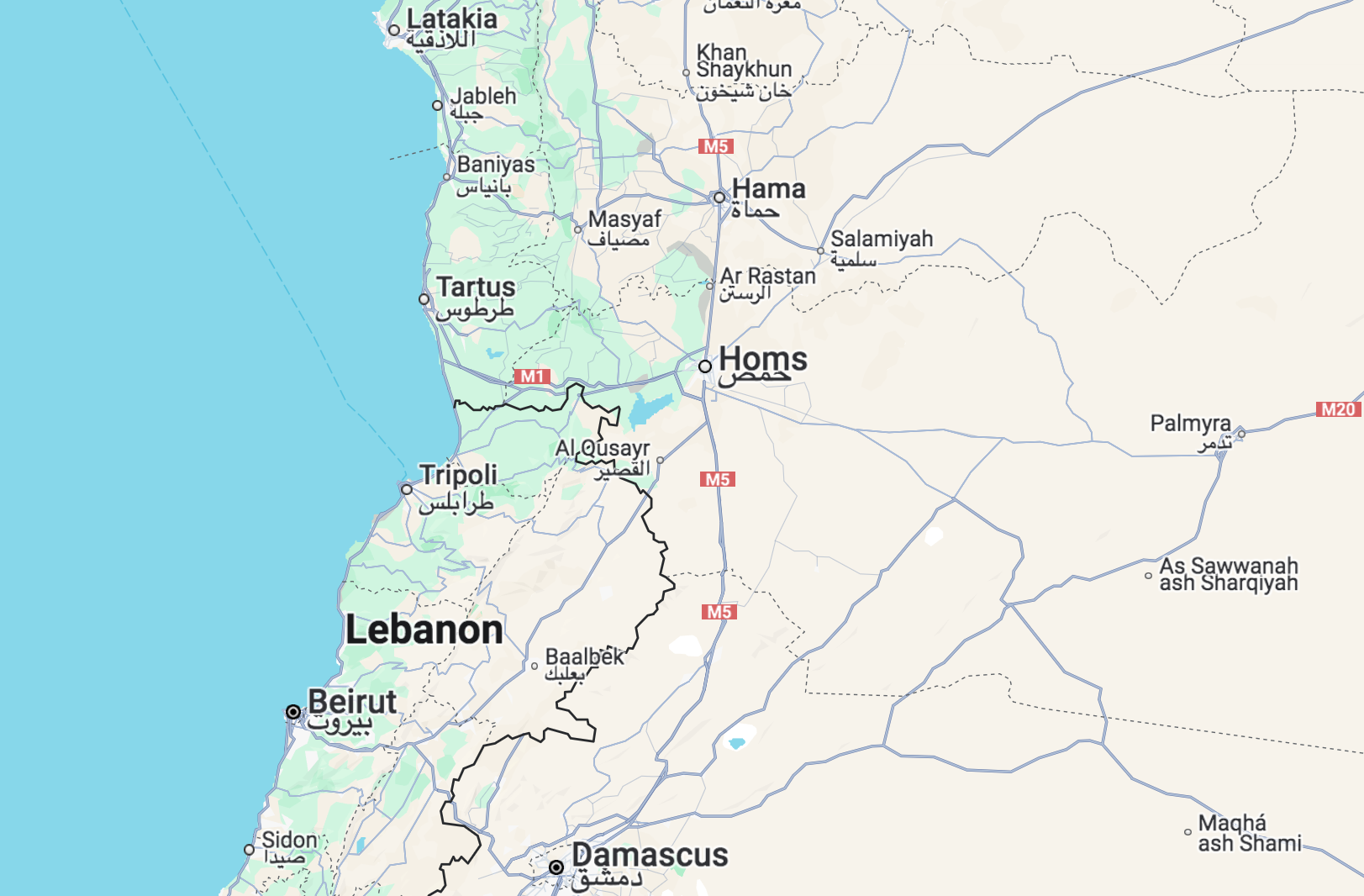
UN condemns deadly mosque bombing in Syria
UN Secretary-General António Guterres condemned the deadly mosque bombing in Syria, urging that those responsible be swiftly identified and brought to justice. The explosion tore through the Ali Bin Abi Talib mosque in the city of Homs during Friday prayers, killing at least eight people and injuring around 20, according to Syrian authorities. The mosque serves members of the Alawite minority, which has faced violent reprisals since the fall of the Bashar Assad dictatorship last December. A group calling itself Ansar al-Sunna, said to be a splinter of the Islamic State (ISIS), claimed responsibility for the attack. The group had previously claimed responsibility for the June suicide bombing at Mar Elias church in Damascus that left 25 people dead, raising concerns about a pattern of attacks on religious sites. The bombing in Homs sparked angry protests and street clashes in the Alawite heartland of Latakia and Tartous provinces on Syria’s coast. (Map: Google)



